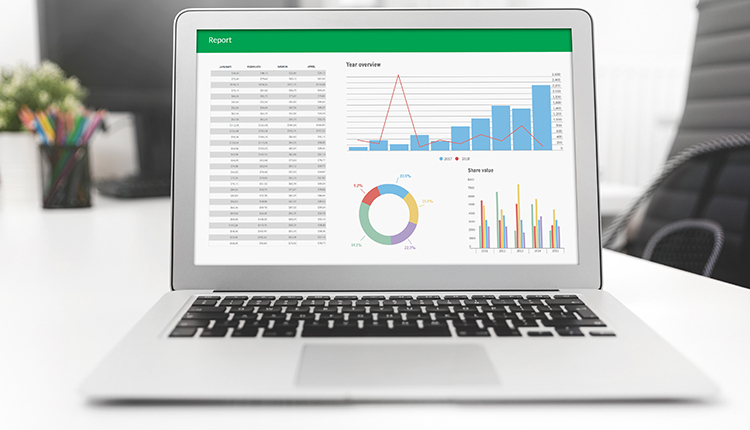
The novel coronavirus disease (COVID-19) continues to impact communities across the country, the broader economy, and impacts farmers and the lenders who loan money to them. Lenders are feeling overwhelmed due to a heightened demand on lender financing as banks are being asked to be the primary lender to small businesses under the Small Business Administration (SBA) loan program delivery for the Paycheck Protection Program (PPP). Loan applications are being done despite infrastructure disruptions. These deals are being done with the aid of email and signing of paperwork digitally.
With all these added pressures, here is some advice to consider when communicating with your lender during this time.
Assess your situation
- If you can pay your loan/mortgage, continue making payments.
Don’t call your lender if you aren’t facing an immediate issue. Lenders are getting a lot of calls and need to first help those who won’t be able to pay their loan/mortgage.
- If you can’t pay your loan/mortgage, or can only pay a portion, contact your lender immediately.
Check the lender’s website for possible options. It may take a while to reach your lender so reach out via text or email instead.
Being proactive will go a long way. Lenders hate surprises and may not know that you are struggling to make payments. Many financial institutions are working with borrowers who may be unable to meet their payments.
Be prepared when you do communicate. Financial information should be current (within 90 days) for a balance sheet, income statement/tax return, production reports, personal debt (if not listed on balance sheet), and other sources of income. Maintain your integrity — inaccurate information or failure to honor your commitments will jeopardize your relationship, as well as harm your credit rating.
From the lender’s perspective
Allow time for the lender to make decisions. They can be a source of sound advice and counsel. If you need help working with your lender or understanding your options, you may want to reach out to a professional. Ultimately, the decision to accept or reject the lender’s credit proposal to assist you with payments is your decision as the borrower.







